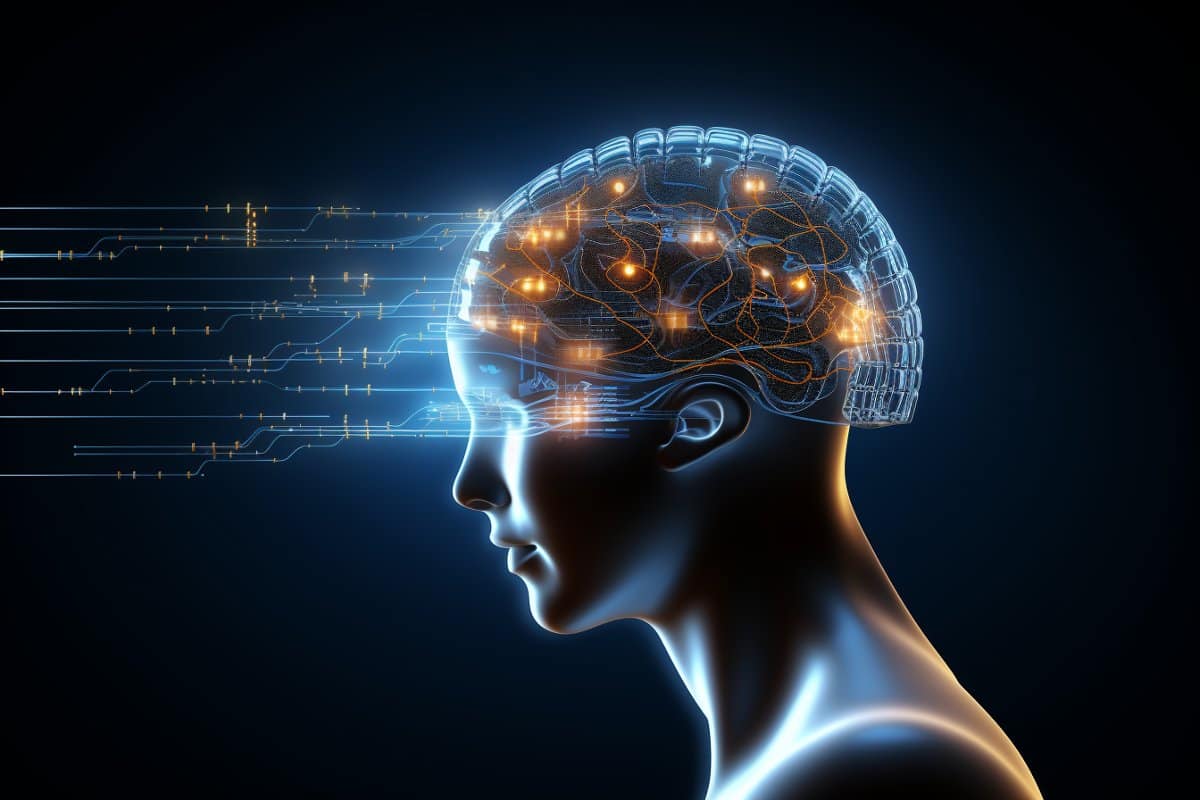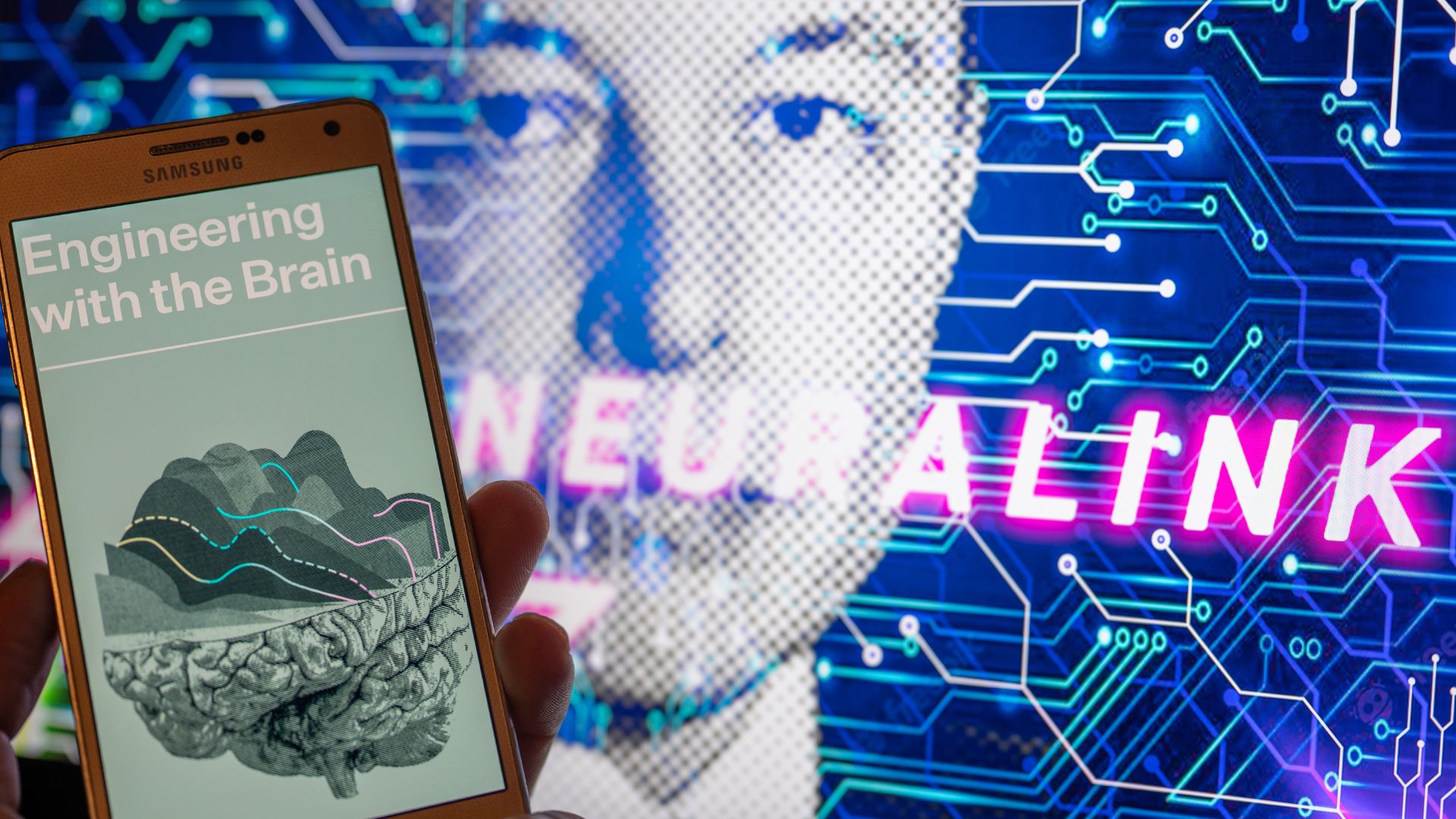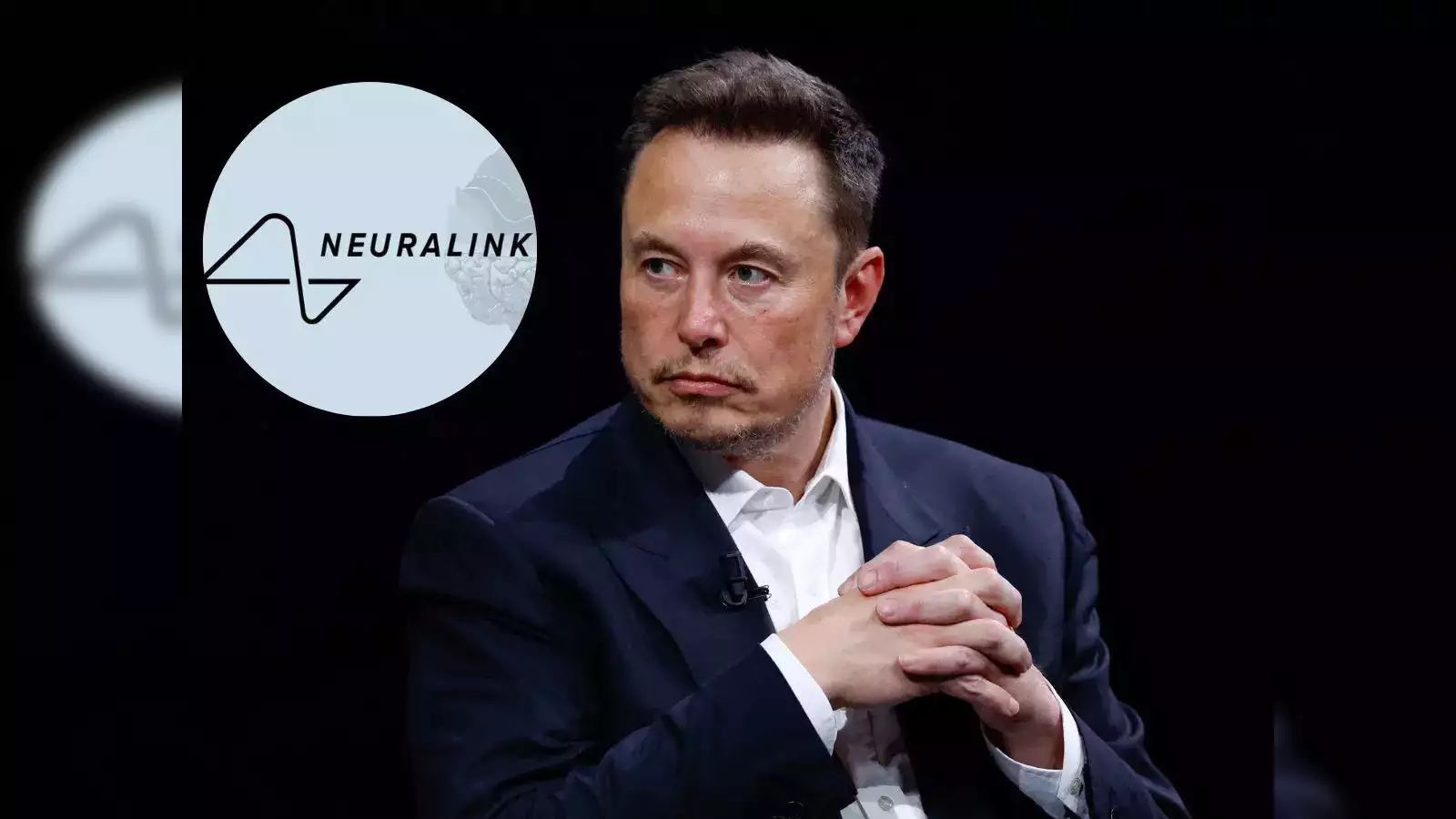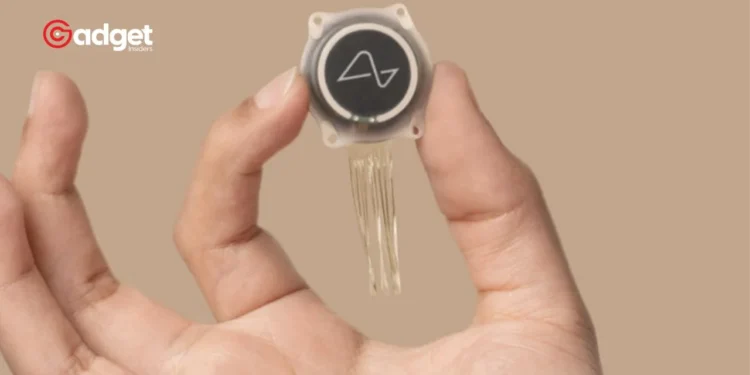Elon Musk’s innovative brain implant startup, Neuralink, has once again caught the attention of tech enthusiasts and healthcare professionals worldwide by opening applications for a second human trial participant. This development comes shortly after revealing that the first trial participant experienced unforeseen difficulties with the implant. Despite these challenges, the company’s commitment to revolutionizing how we interact with technology remains steadfast.

A Life-Changing Technology for the Paralyzed
The initial human trials, led by Elon Musk’s ambitious team at Neuralink, have not only opened new avenues in medical technology but have also transformed lives. Noland Arbaugh, the first participant who has been quadriplegic since 2016, experienced significant changes in his daily life thanks to the brain chip.
“I didn’t have anything to wake up for in the morning, and this has changed that for me,” Arbaugh shared in a heartfelt interview with Good Morning America. His ability to control a computer cursor with his mind symbolizes a monumental leap towards greater independence for individuals with severe physical limitations.

Challenges and Breakthroughs
Despite the promising start, the journey has not been without its hurdles. The company recently disclosed that the threads connecting the chip to Arbaugh’s brain had retracted, leading to performance setbacks. Yet, the response from Neuralink was swift and proactive, with adjustments made that improved the device’s functionality considerably.

“The reason we do clinical trials and early feasibility trials is to uncover these sorts of issues as early as possible before they get marketed,” explained DJ Seo, co-founder of Neuralink, illustrating the company’s dedication to perfection and safety.
Expanding the Horizons: The PRIME Study
Neuralink is now seeking more individuals like Arbaugh, who are eager to explore new ways of interacting with technology through the PRIME Study—Precise Robotically Implanted Brain-Computer Interface. This study aims to test the safety and functionality of the implant, which could one day assist not only those with spinal injuries but also potentially restore sight to the blind.
A Vision for the Future
Neuralink’s trials could herald a new era in which brain-machine interfaces help those with paralysis operate smartphones or computers seamlessly using only their thoughts. About a month after his surgery, Arbaugh was able to control a computer mouse with his mind, and even play chess, demonstrating the potential life-enhancing applications of this technology.
However, widespread consumer access remains on the horizon, pending broader regulatory approvals and further successful trials.
Neuralink: Redefining Human Potential
As Neuralink continues to refine its groundbreaking technology, the world watches with bated breath. The possibilities of connecting human brains directly to computers could redefine human potential, making what once seemed like science fiction a tangible future. Neuralink not only offers hope to millions with disabilities but also challenges our understanding of human-machine interaction in the modern world.










